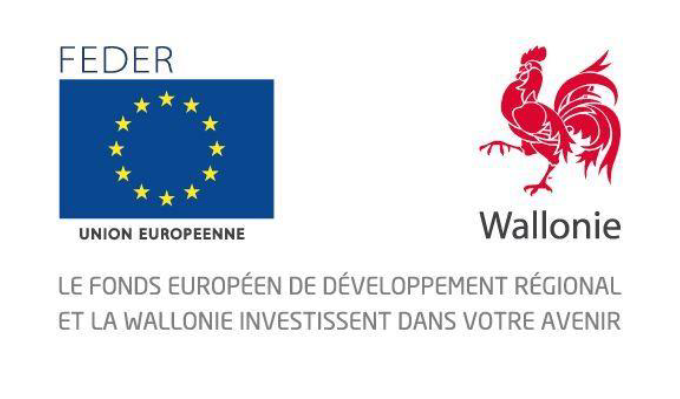The energy market has been changing significantly over the last years. Currently, the energy strategy includes a low-carbon roadmap, with a reduction in carbon emissions and an increase of share for renewables. The increased renewable energy sources (RES) penetration and their intermittent energy production have led to the emerging need for energy storage technologies. The purpose of these energy storages is either to balance production with demand or to ensure grid stability.
In this context, Tractebel has developed an innovative concept of mini pumped hydro storage (PEPS) with pre-sized components in mines and quarries, coupled with renewables on sites.
The PEPS concept aims at balancing intermittent production and to increase the share of renewable energy installed in the quarry. When electricity demand is lower than production, the PEPS facility pumps and stores water in the upper reservoir for later electricity generation. In this way PEPS helps to increase the share of green electricity of the customer’s consumption.
PEPS storage volume adapts to site conditions and targets a production time of 2 to 4 hours depending on the space available. The installed capacity is also dependent on the consumption profile of the customer and targets a range of 1 MW to 5 MW.
PEPS allows to reverse the design philosophy of hydraulic storage units. Instead of adapting electromechanical solutions to the site, we select sites that meet the eligibility criteria of the electromechanical module.
For this project Tractebel works together with the technology partners I-Care and Lepage. The consortium partners bring together all required skills and expertise to make this innovative project a success. While Tractebel has built strong engineering skills in hydropower engineering, I-care brings their expertise in predictive maintenance and remote control and Lepage’s expertise will be valued for the assembly of the various electromechanical elements and the structure of the PEPS module.
The Walloon region awarded a grant for the construction of PEPS pilot project in a quarry in Wallonia (via the COOPILOT program). This project is also supported by the MecaTech cluster. The proof of the concept is expected to be available in early 2023.







